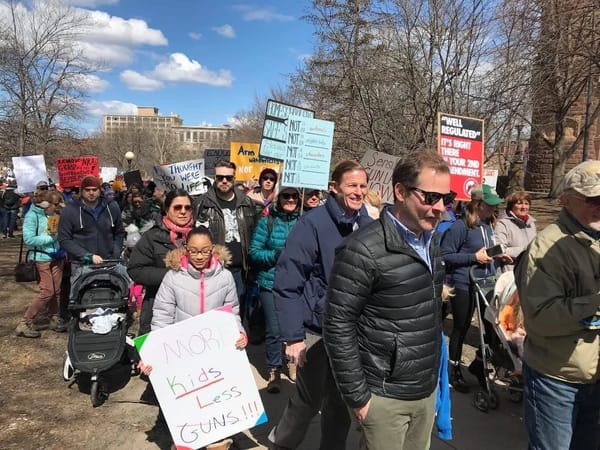Broadband Industry, Advocates Defend USF to High Court
They said the underlying statute should survive even if SCOTUS expands the non-delegation doctrine.

They said the underlying statute should survive even if SCOTUS expands the non-delegation doctrine.

WASHINGTON, Jan. 13, 2025 – Telecom court battles often pit industry associations against consumer advocates, but not in the case of the Federal Communications Commission’s Universal Service Fund. Broadband trade groups and advocates both joined the agency in asking the Supreme Court to uphold the fund’s legality.
“Telecom Petitioners’ members have invested and hope to continue to invest tens of billions in private capital each year in network infrastructure across the country, but this case threatens the certainty, network effects, and economies of scale necessary for long-term infrastructure investment,” wrote industry groups including NTCA, USTelecom, and the Competitive Carriers Association in a Jan. 9 brief.
The roughly $8 billion-per-year Universal Service Fund supports subsidy programs aimed at supporting rural broadband and voice infrastructure as well as discounts for low-income subscribers, schools and libraries, and healthcare centers. It’s been funded since 1996 by fees on interstate voice revenue, which get calculated and collected by the FCC’s Universal Service Administrative Company, a nonprofit set up for the purpose.

Bipartisan support grows for KOSA despite implementation concerns.

FCC Chairman says he is treating all parties fairly

TDS has agreed to Everstream's six-month delay.

New Mexico, Hawaii report strong provider interest as more states move to prepare final proposals.